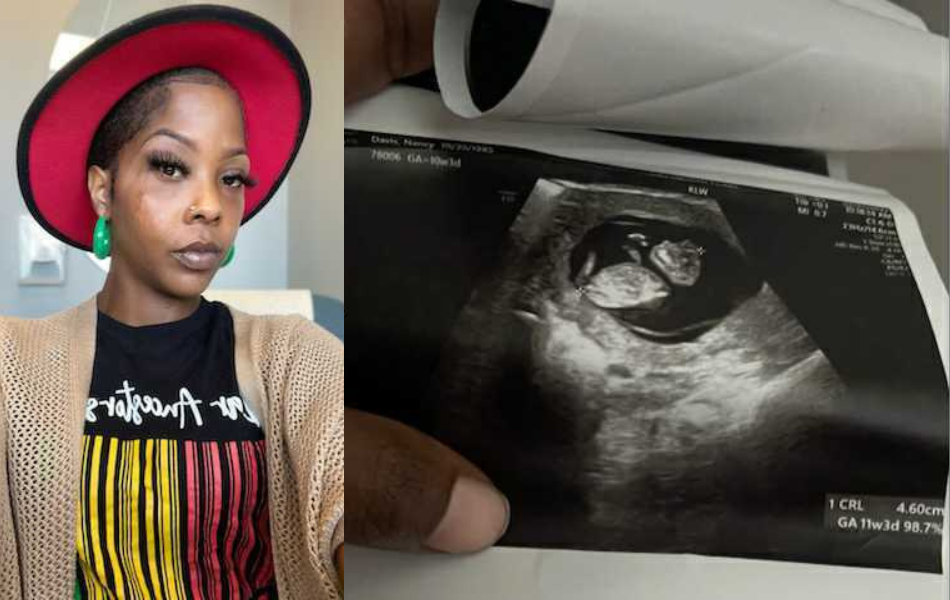Nancy Davis, a 36-year-old Baton Rouge, Louisiana, mother of three, never expected she’d need an abortion. Nor did she expect she would ever be denied one.
But Davis is facing a new reality in Louisiana: Even the few legal abortions are hard to get in a state where that access is now in the hands of hospital administrators.
She was about 10 weeks pregnant in late July when she found out her baby was lethally ill.
A specialist at Woman’s Hospital told her the baby had acrania, a rare congenital condition in which the brain and the skull don't fully form. In an ultrasound, you could see it: The fetus’ head wasn’t rounded, but instead almost cut off.
Babies born with acrania typically die within a week. The news left Davis and her partner — who were both excited to have another child — devastated.
“He pretty much told me I will be carrying it to bury it. Those were his exact words,” she said of the doctor who broke the news. “I immediately started crying.”
But what came next, she said, made it even worse.
Davis decided she wanted an abortion, and initially, the maternal-fetal medicine specialist at Woman’s Hospital told her he could perform an abortion. But a week later when Davis was trying to book the abortion appointment, another doctor told her that hospital leadership refused to approve the procedure.
Davis was told that the hospital and doctors had to “protect themselves” from Louisiana’s strict anti-abortion laws, and that because her fetus still had a heartbeat, the hospital would not perform the abortion.
The sudden change of plans, and the reason given, made the diagnosis even harder, she said.
“It's even more devastating,” Davis said, “Not knowing how I'm gonna get the care that I need.”
Under Louisiana’s near-total abortion ban, Davis’ abortion should have been legal. Her story has garnered local and national media attention, and it also puts a spotlight on how precarious abortion access has become even in the most extreme circumstances, now that Louisiana’s last three abortion clinics have closed and access lies solely in the hands of hospitals.



